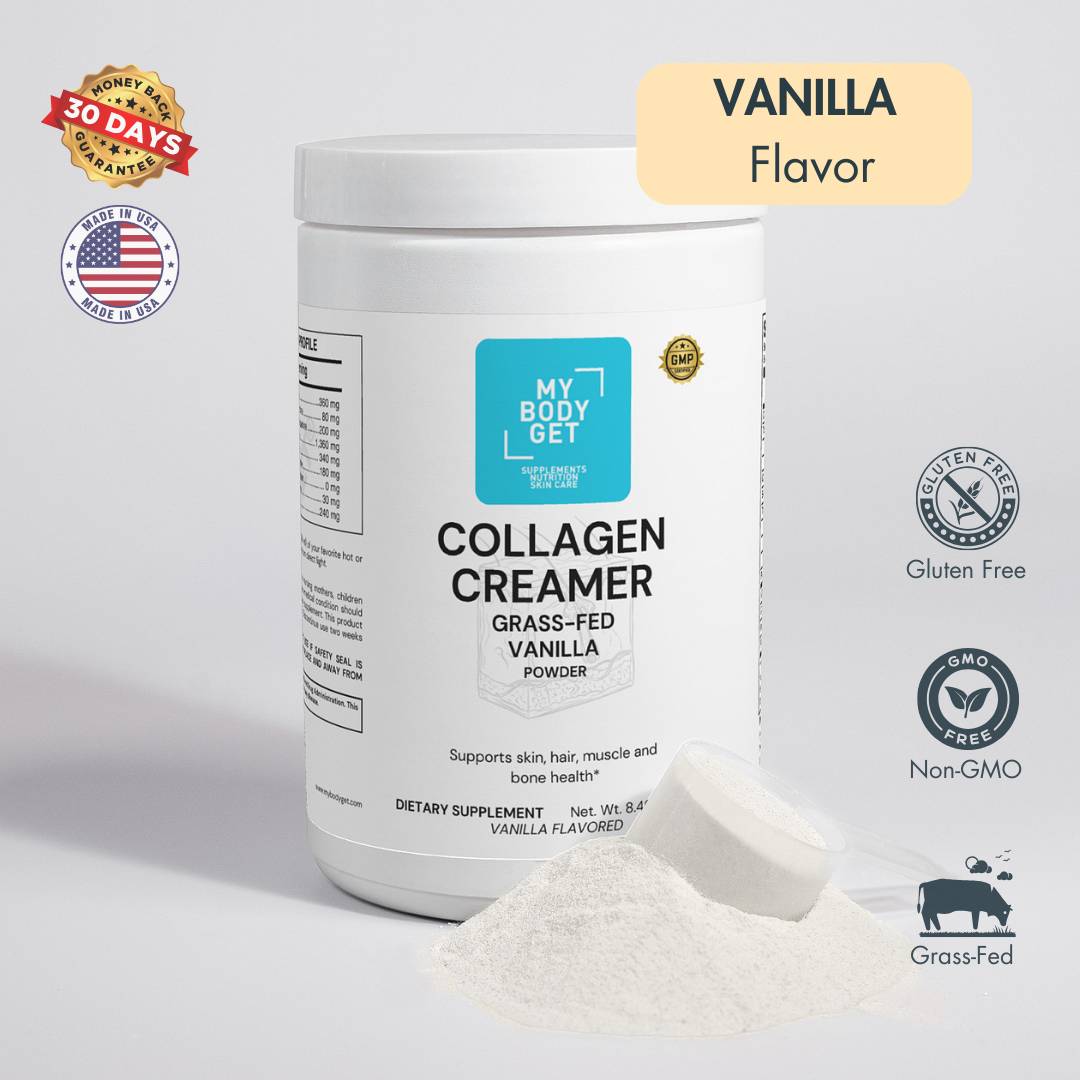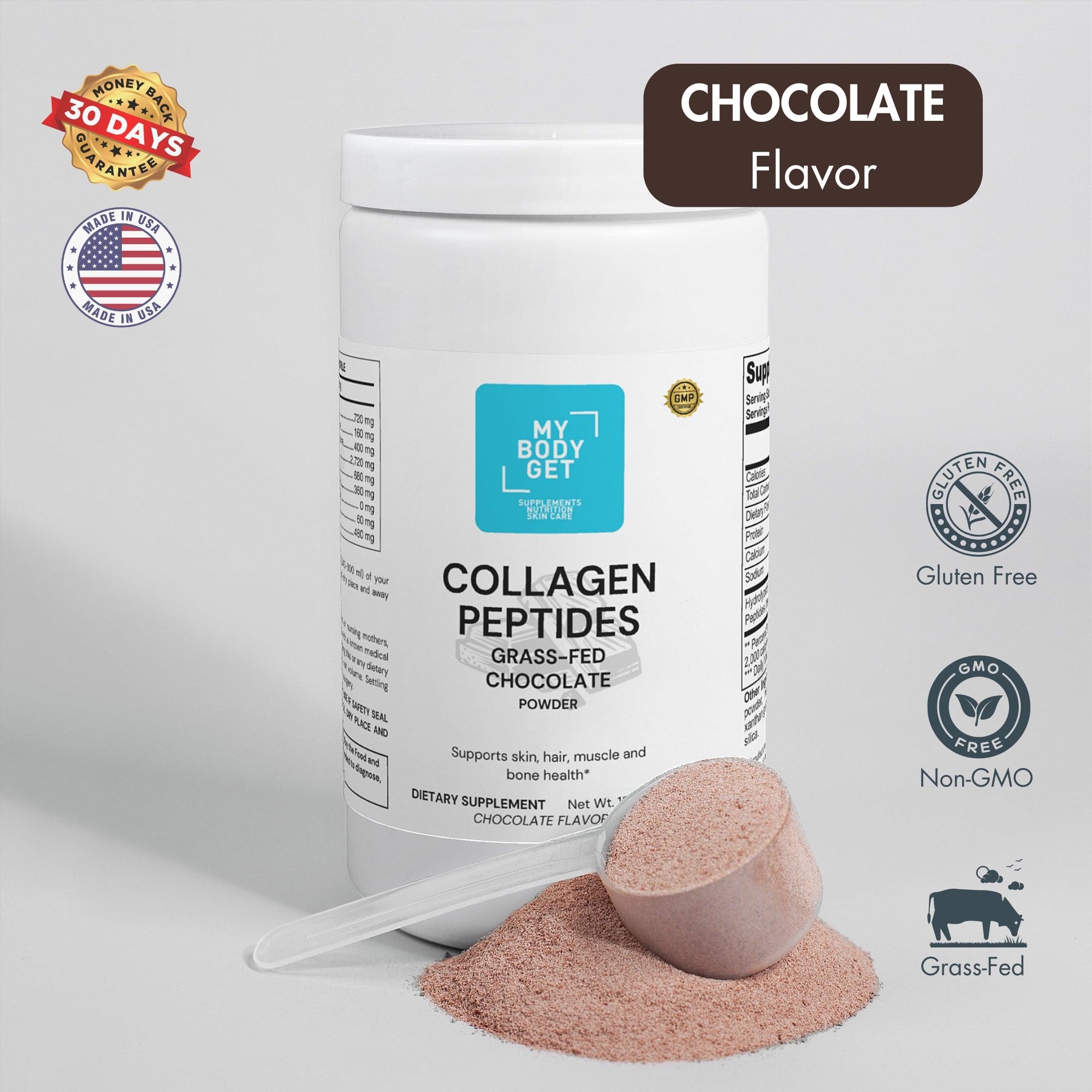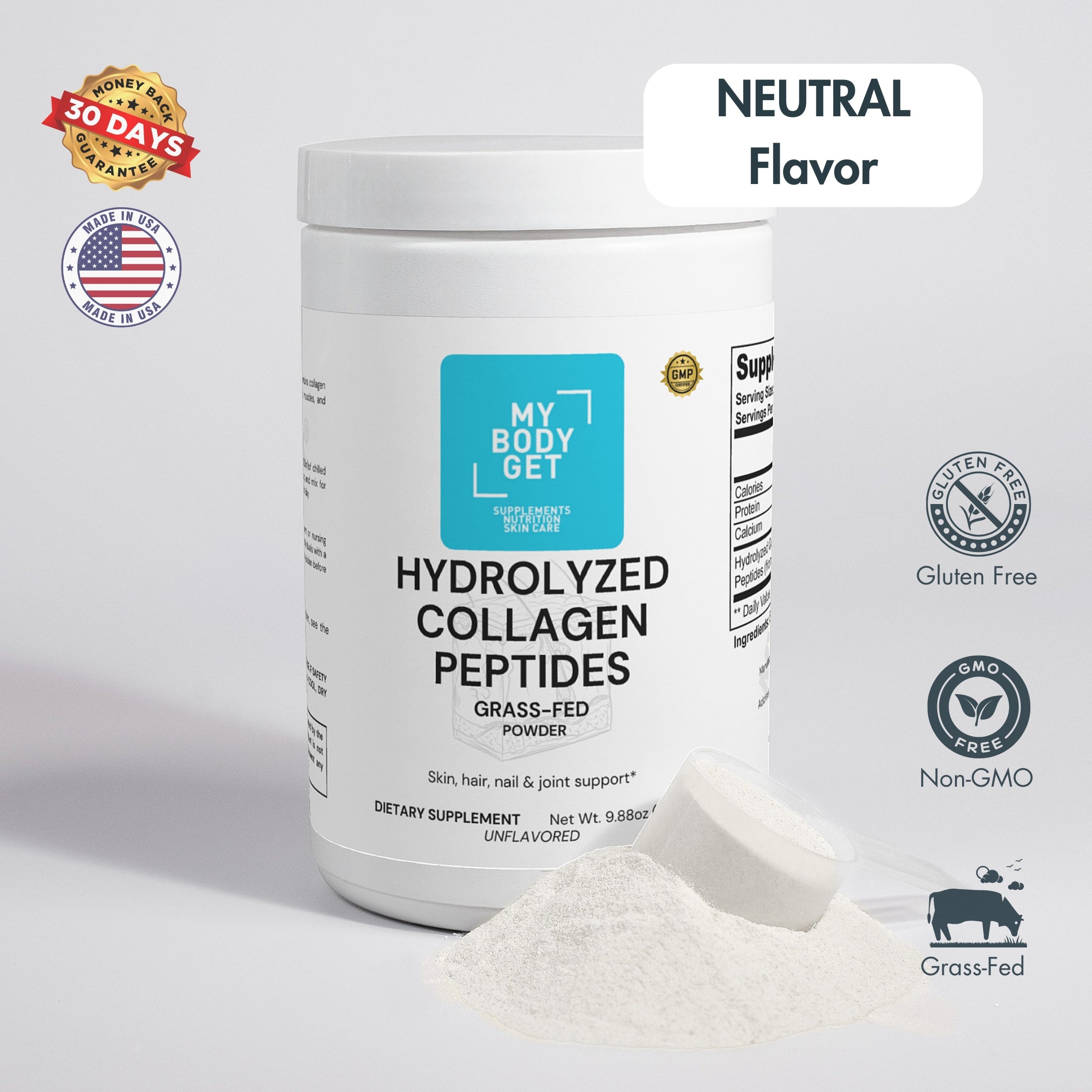Achieving your fitness goals isn’t just about hitting the gym or engaging in your favorite physical activities; it’s also about what you put into your body. Nutrition plays a crucial role in providing the energy, endurance, and recovery necessary for effective workouts. Understanding how to properly fuel your body can make all the difference in maximizing your fitness results.
The Importance of Pre-Workout Nutrition
Fueling for Performance:
Before a workout, it’s essential to consume the right nutrients to ensure you have enough energy to perform at your best. Carbohydrates are the body’s primary source of fuel, as they break down into glucose, which muscles use during exercise. Including some protein in your pre-workout meal can also help with muscle preservation and recovery.
What to Eat:
- Complex Carbohydrates: Foods like whole grains, oatmeal, sweet potatoes, and fruits provide sustained energy.
- Lean Protein: Opt for sources like chicken, turkey, Greek yogurt, or a plant-based protein shake.
Timing Matters:
Aim to eat your pre-workout meal about 1-3 hours before exercising. This allows time for digestion and prevents discomfort during your workout.
Hydration: The Unsung Hero of Fitness
Why Hydration Is Crucial:
Staying hydrated is essential for maintaining optimal performance during exercise. Water helps regulate your body temperature, lubricates your joints, and transports nutrients to give you energy and keep you healthy. Dehydration can lead to fatigue, dizziness, and even cramps, which can severely impact your workout.
How Much Water Is Enough?:
The general recommendation is to drink about 17-20 ounces of water 2-3 hours before exercising and 7-10 ounces every 10-20 minutes during your workout. After exercising, it’s important to replenish lost fluids by drinking more water.
Electrolytes:
For intense workouts, consider consuming an electrolyte drink to replenish lost salts and maintain proper hydration balance.
Post-Workout Nutrition: Recovery and Muscle Growth
The Importance of Post-Workout Nutrition:
What you eat after a workout is just as important as what you consume before. Post-workout nutrition helps to replenish glycogen stores, repair muscle tissue, and promote recovery. The combination of protein and carbohydrates is key for maximizing recovery and muscle protein synthesis.
What to Eat:
- Protein: Helps to repair and build muscle. Choose options like whey protein, eggs, or tofu.
- Carbohydrates: Replenishes glycogen stores. Foods like rice, quinoa, and fruits are excellent choices.
- Healthy Fats: Incorporate some fats to help with nutrient absorption. Avocados, nuts, and seeds are good options.
Optimal Timing:
Try to consume your post-workout meal within 30 minutes to two hours after your workout to maximize recovery.
Supplements to Enhance Workout Performance
When Supplements Can Help:
While whole foods should be your primary source of nutrients, certain supplements can support your fitness goals by filling in nutritional gaps or providing a performance boost.
- Protein Powder: Convenient for meeting your protein needs, especially after a workout.
- BCAAs (Branched-Chain Amino Acids): Can help reduce muscle soreness and accelerate recovery.
- Creatine: Known for improving strength and power during high-intensity workouts.
- Caffeine: Boosts energy and focus for more intense workouts.
Conclusion: Nutrition and Fitness Go Hand in Hand
To achieve your fitness goals, it’s essential to view nutrition and exercise as two sides of the same coin. Proper nutrition fuels your workouts, aids in recovery, and ultimately enhances your performance. By making mindful food choices before, during, and after your workouts, you can maximize your results and maintain long-term health and fitness.
"Exercise is king. Nutrition is queen. Put them together and you've got a kingdom."
— Jack LaLanne, Fitness Pioneer







Leave a comment
This site is protected by hCaptcha and the hCaptcha Privacy Policy and Terms of Service apply.